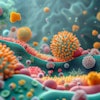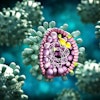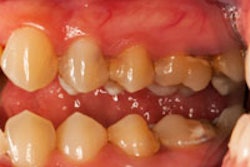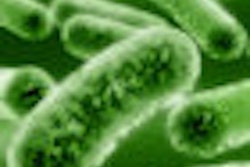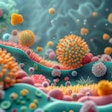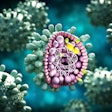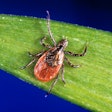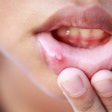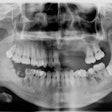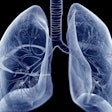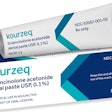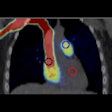A new study highlights the mechanism by which Porphyromonas gingivalis establishes a chronic infection in the form of periodontal disease and provides insight into how the disease develops (Journal of Leukocyte Biology, January 2013, Vol. 93:1, pp. 21-31).
The research suggests that P. gingivalis manipulates the body's immune system to disable normal processes that would otherwise destroy it. Specifically, the report shows that this pathogen prompts the production of the anti-inflammatory molecule interleukin-10 (IL-10), according to researchers at the University of Alabama at Birmingham. This, in turn, inhibits the function of T cells, which would otherwise help to protect the host from this particular microbial infection.
The findings may help develop treatments that could prevent or ameliorate the chronic infection caused by P. gingivalis, according to lead researcher Jannet Katz, DDS, PhD.
She and her colleagues used cells from mice that were exposed to P. gingivalis for the study. One portion of the cells was treated with an inhibiting antibody against IL-10 and the other portion of cells was not treated. All the cells were then tested for interferon gamma production. An increase of interferon gamma production was seen in the treated cells, but no increase was found in the untreated cells.
The findings suggest that the damage done by P. gingivalis occurs when the host's immune cells are first exposed to this pathogen, and implies that treatment should be started as early as possible. The results also demonstrate the importance of early intervention either by eradication of the bacterium with specifically designed therapeutics or by prevention via the development of an effective vaccine.
